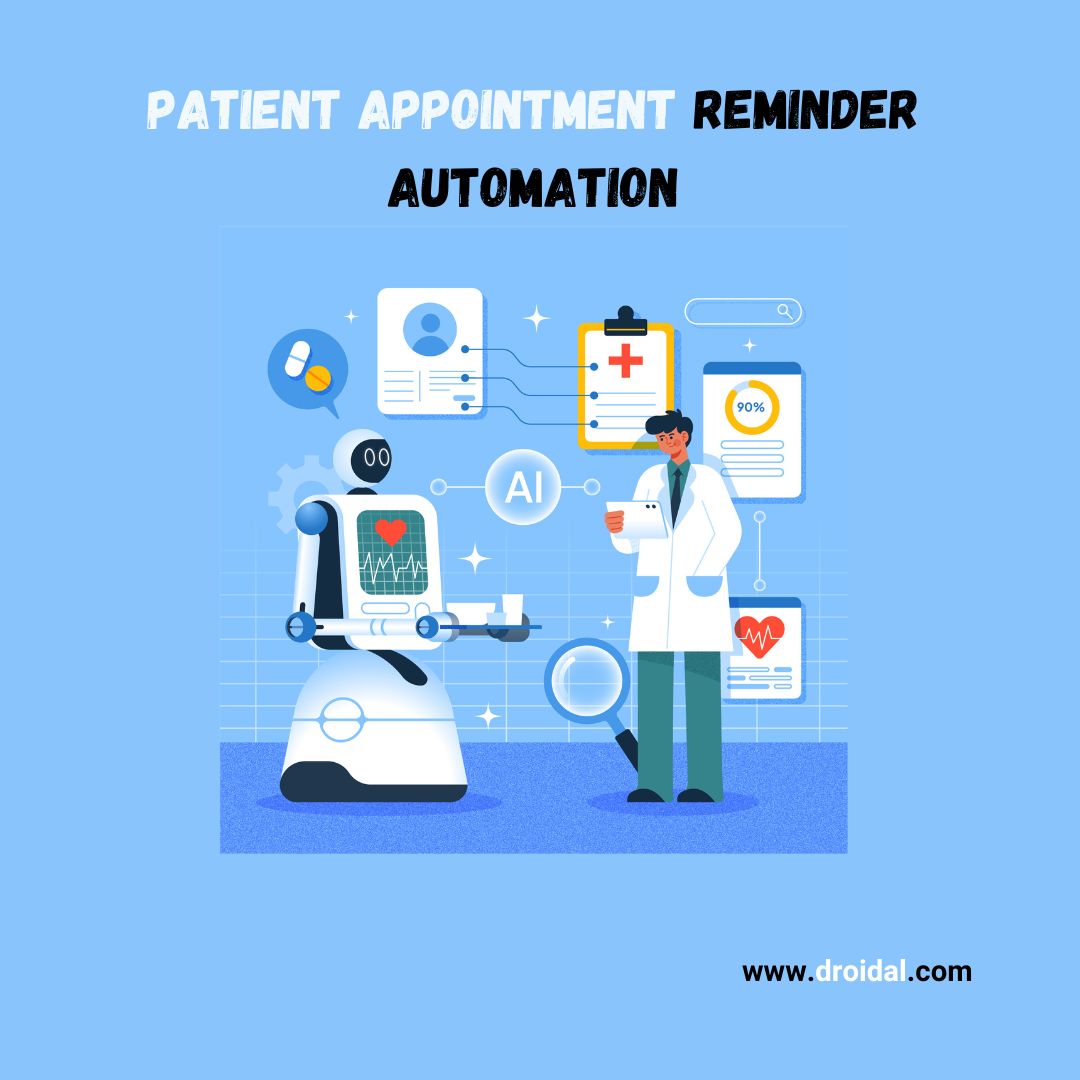The Role of Automation in Healthcare
Automation is reshaping how healthcare providers manage claims by integrating technologies like Artificial Intelligence (AI) and Robotic Process Automation (RPA). These tools facilitate the handling of vast amounts of data, enabling seamless processing from claim submission to payment. With automation, repetitive tasks that once consumed valuable time can now be executed with precision and speed, allowing healthcare professionals to focus on patient care rather than administrative burdens.
Key Benefits of Automating Claim Management
Increased efficiency and reduced processing time
Automation significantly accelerates the claims process. Manual tasks such as data entry, verification, and follow-ups can be automated to reduce processing times from days to mere hours. This efficiency not only enhances workflow but also allows healthcare providers to manage a higher volume of claims without compromising quality.
Enhanced accuracy and fewer errors
Human errors in claim processing can lead to costly delays and denials. Automated systems utilize real-time validation checks, ensuring that data is accurate before submission. This leads to fewer mistakes, higher approval rates, and ultimately a smoother revenue cycle. By minimizing errors, providers can also improve their relationships with insurers and patients alike.
Improved compliance with regulations
Navigating the complex landscape of healthcare regulations can be daunting. Automation helps ensure compliance with standards such as HIPAA by embedding regulatory checks within the claims process. This reduces the risk of penalties and enhances the integrity of patient information management, fostering trust between providers and patients.
Real-World Impact on Healthcare Providers
Organizations that have adopted automated claim management systems report faster revenue cycles, which translates into improved cash flow. Additionally, by reducing administrative burdens, staff can redirect their efforts toward patient care initiatives, leading to enhanced patient satisfaction and outcomes.
For instance, a hospital that implemented an automated claims system saw a 30% reduction in claim processing time and a 40% decrease in denials due to errors. This not only improved operational efficiency but also allowed them to allocate more resources toward direct patient care.
Conclusion
Automation in healthcare claim management is making transformative shift that enhances operational efficiencies, reduces costs, and improves patient outcomes. As the healthcare industry continues to embrace these innovations, we can expect a future where administrative processes are seamless, allowing providers to focus on what truly matters.
Embrace the benefits of healthcare claim management automation and see how it can positively impact your organization. For more insights on optimizing your processes, visit Droidal today!





Comments